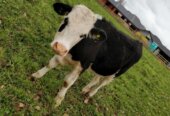In a BBC article, a colleague, Professor Matthew Watson, is warning of the dangers of tourism at Fuego – a twin volcano which erupted with deadly consequences in Guatemala in 2018.
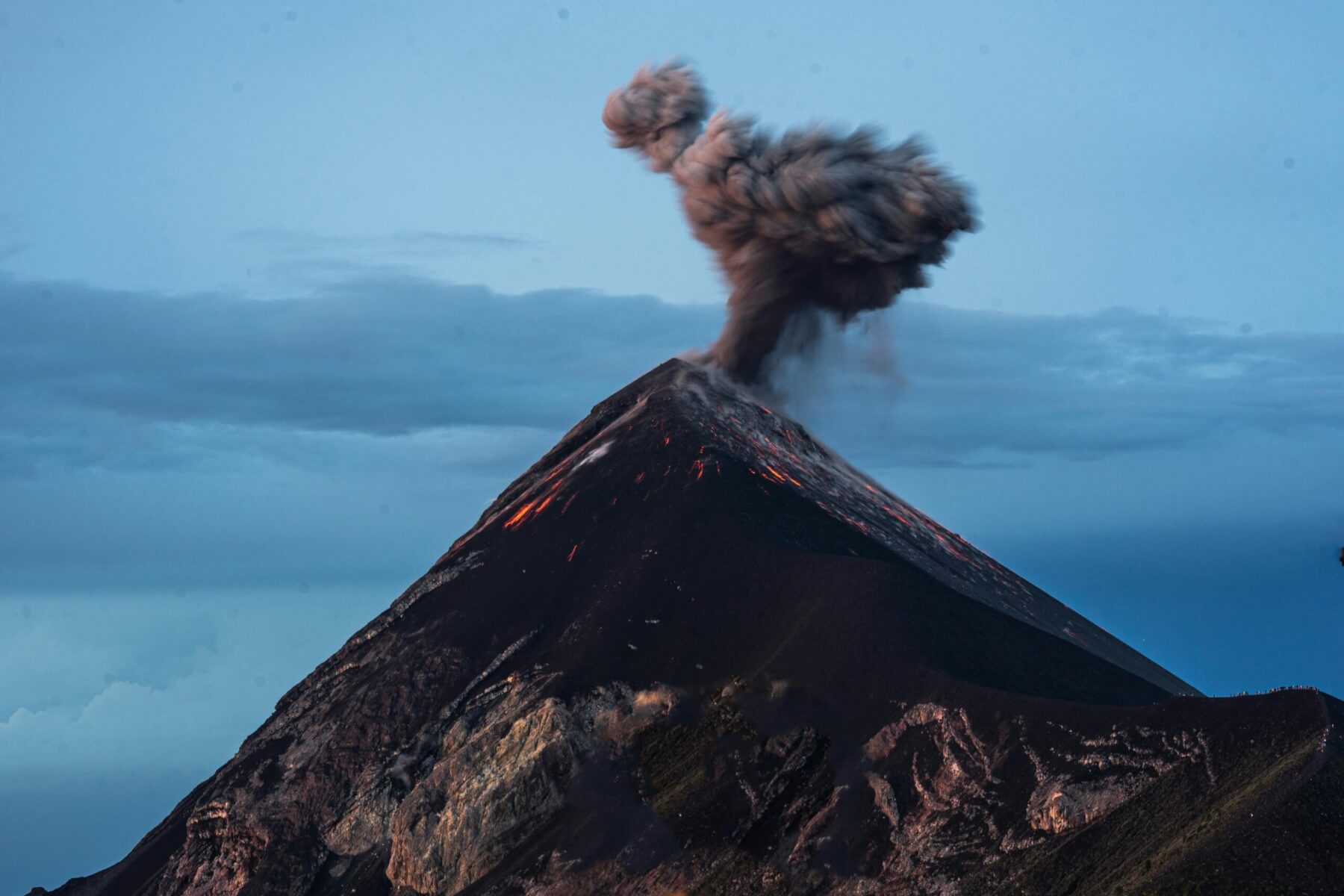
Smoking Active Fuego Volcano in Guatemala. Photo: Diego Giron, pexels.com
Watson stopped taking student on annual trips to Fuego in 2015 – but tours continue and he warns “It’s only a matter of time before someone gets killed”.

Janine Krippner
I am writing this while sipping coffee and fighting jet lag on the island of Tenerife in the Canary Islands, Spain.
Like last year, I am here to better understand how eruptions impact society.
Tomorrow, I fly back to the island of La Palma, where in 2021 an eruption produced lava flows that damaged and buried communities.
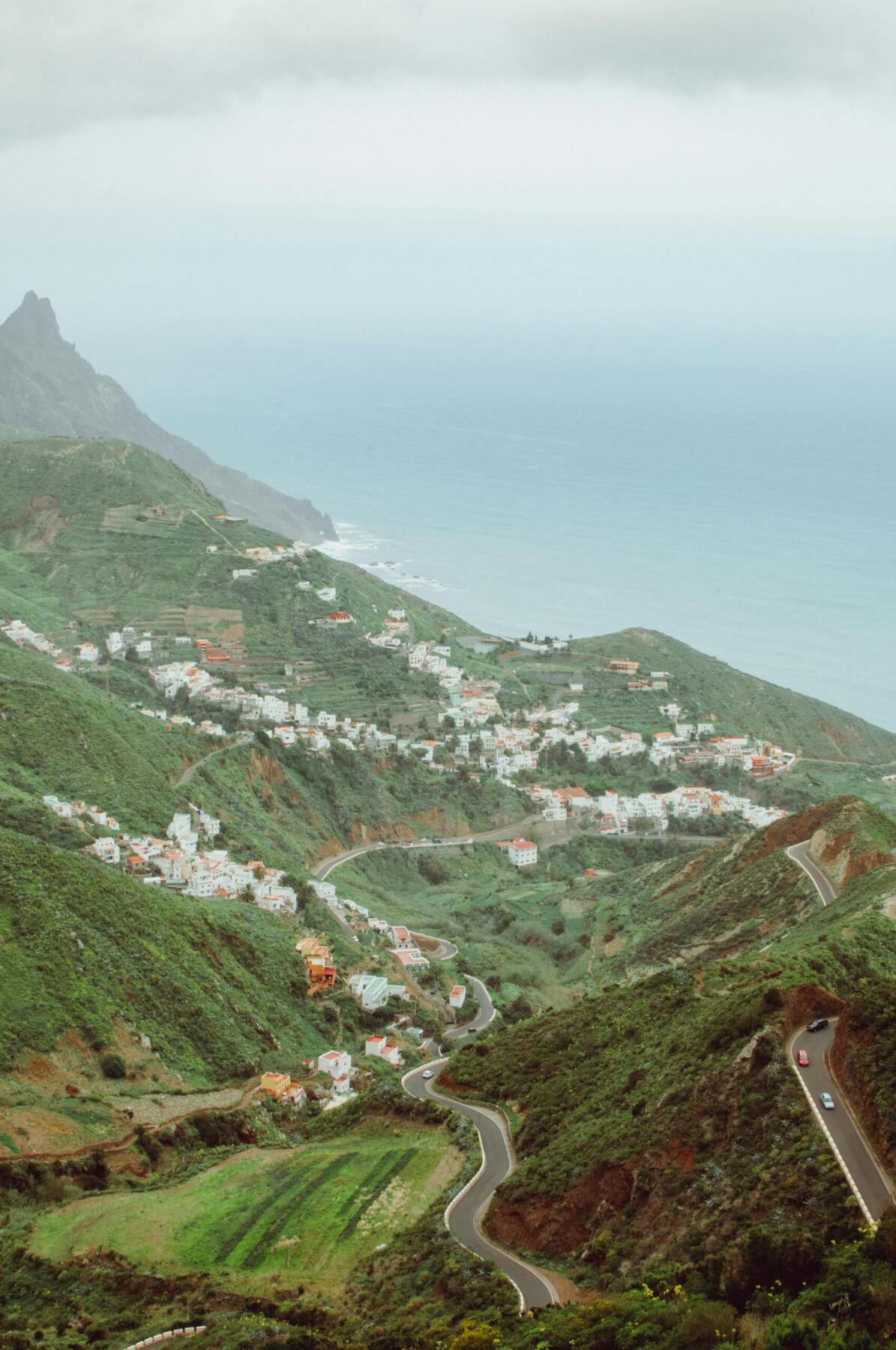
A Shot of Mountain Landscape and Mountain Village, Tenerife. Photo: Mike Marchetti pexels.com
This scenario is possible here on Tenerife, a very popular tourism destination. It is also possible in Auckland. And we are all aware of the tragedy on Whakaari White Island in 2019.
It’s one thing trying to prepare locals for eruptions when you don’t know when the next one will be.
It is another to help tourists who often have no idea of the chances of an eruption, no idea where to get information or help, or where to go.
How do you prioritise a less likely event that will have much greater impacts if we aren’t prepared for it? We expect that someone will be doing that work behind the scenes, that people will send the right kind of help and get critical systems up and running.
People leap to blame someone for an incident as soon as one strikes, but all these things take an enormous effort and a lot of funding to understand and implement. Learning from eruptions around the world is a great way to help with this.
We can put in place programmes to work with local communities, but what is the right way to educate tourists?
When there are no signs of an eruption in the near-future, how do we balance the cost and effort of preparing different groups?
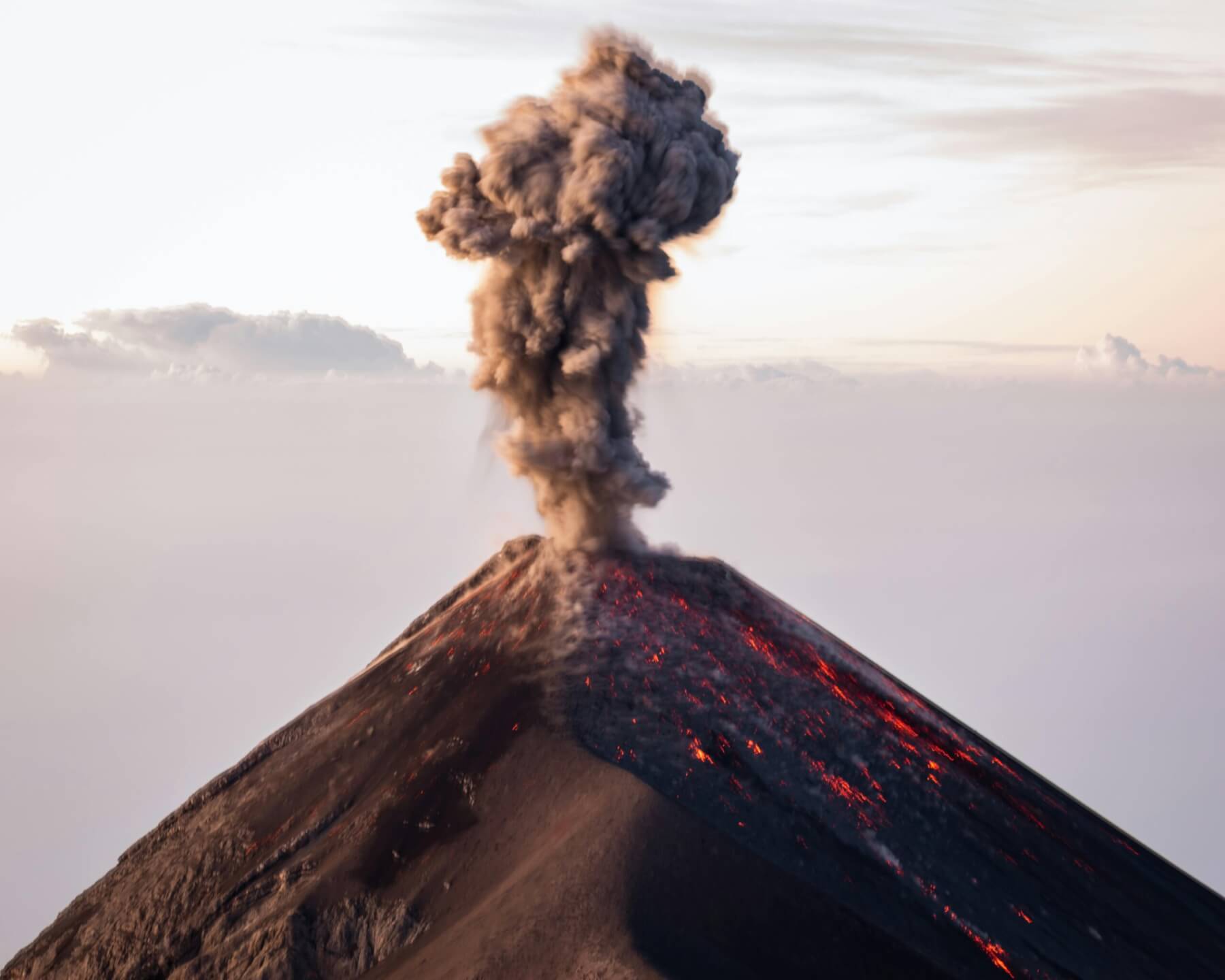
Erupting Volcano de Fuego in Guatemala. Luis Alvarez, pexels.com
If a volcano, like Fuego, has been erupting for many years, how do we warn people that something much larger and deadly might happen?
People flock to erupting volcanoes to see the raw power of our planet in action. I cannot say I blame them.
In places like Tongariro it’s relatively easier because you can shut down access to a national park. How do you manage an eruption in the middle of a complex city? How do you prioritise funding when we have issues like a threatening economic recession?
These are big and difficult questions. I think through these situations with compassion.
I don’t appreciate the “what did they expect?” mentality that often follows a fatal incident.
We all make bad choices, whether we understand that we are or not.
Most of the time those choices don’t end our precious life. We expect people who know better to help us.
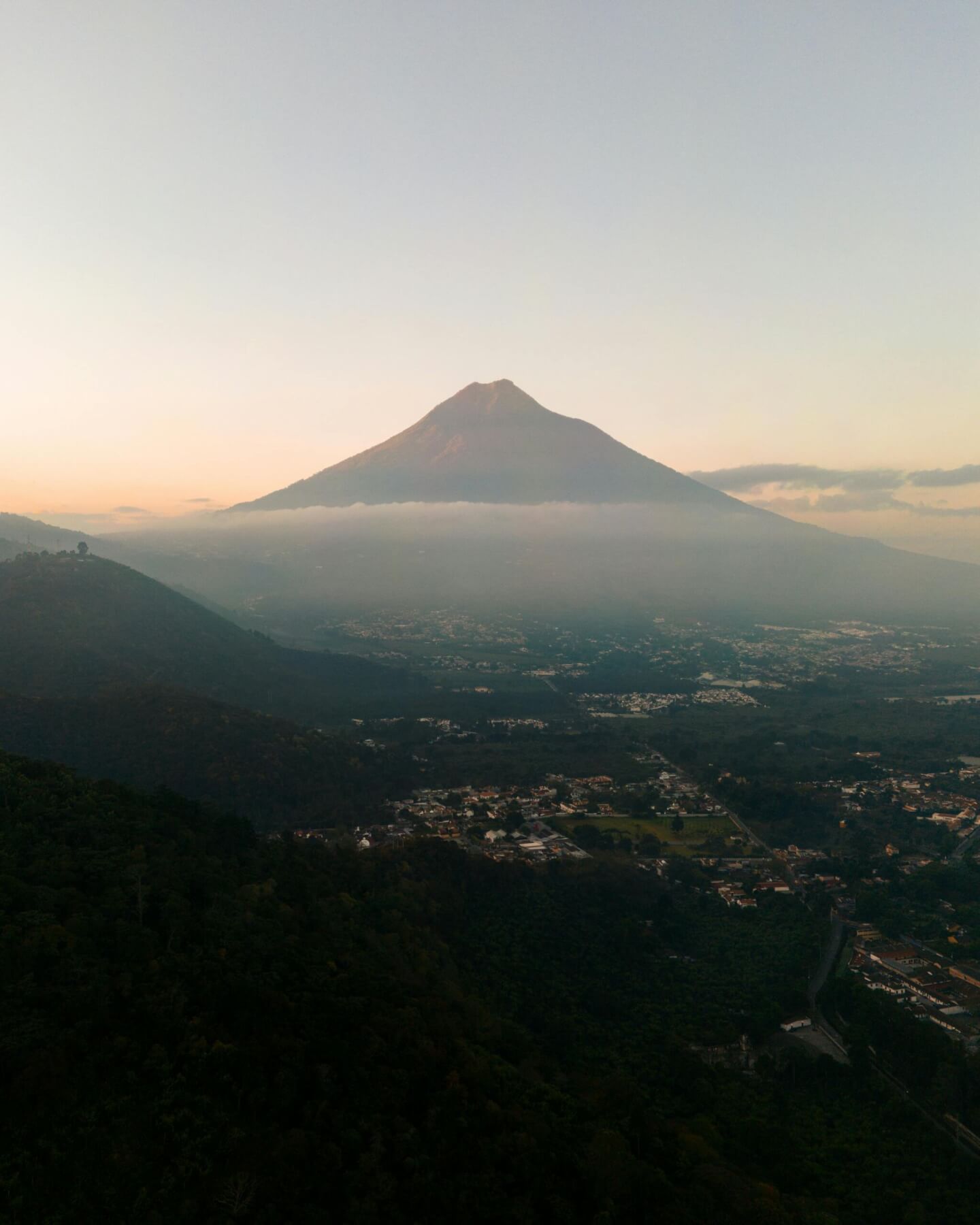
Majestic Volcano, Volcan de Fuego, Guatemala. Photo: Darius Haberstock, pexels.com









